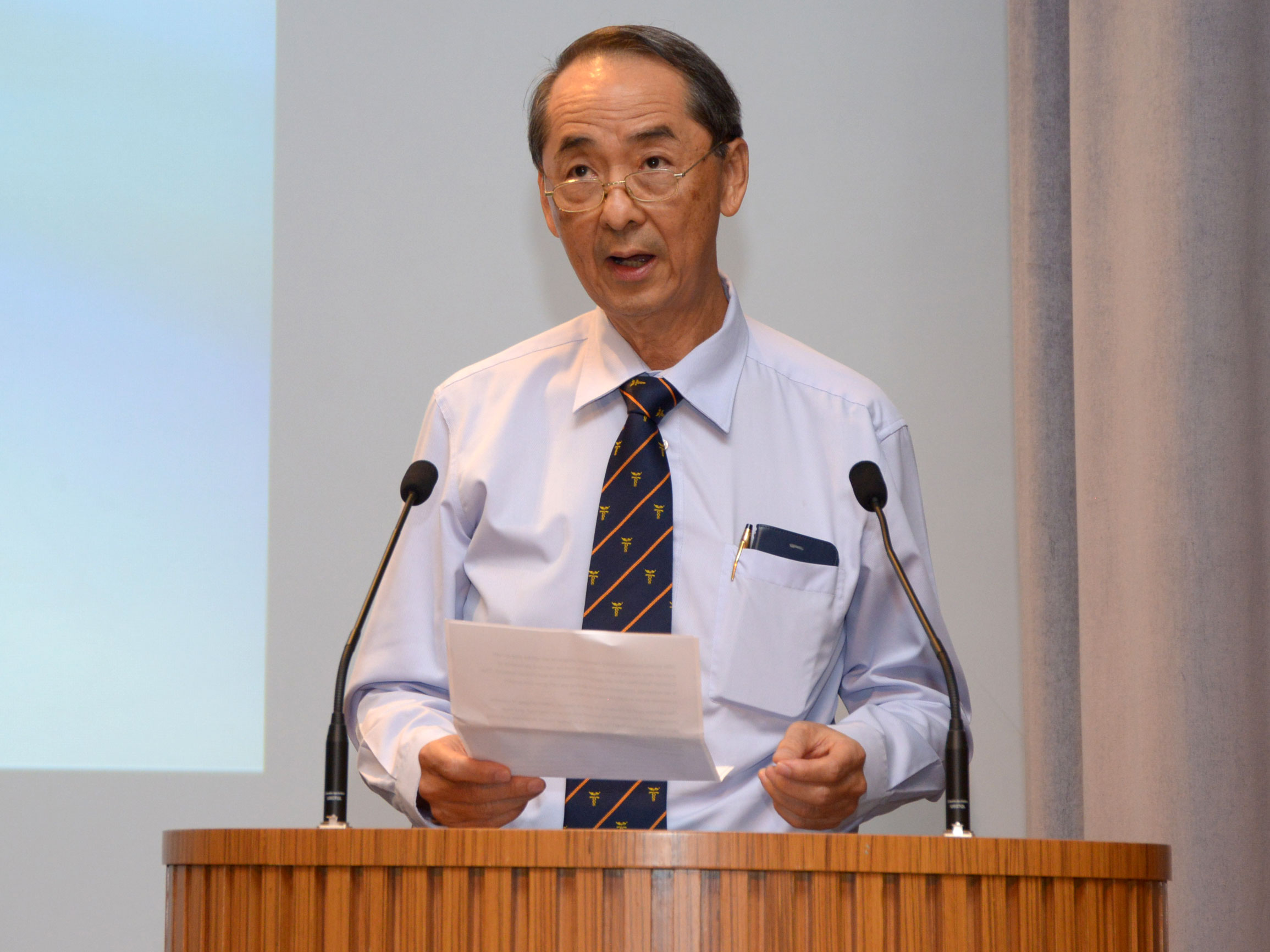The NUHS Summit Research Programmes
The SRPs utilise advanced technology and equipment to generate quick and accurate results.
Research at its most intense, involving multi-national teams of investigators focused on understanding and developing lasting and meaningful solutions to some of the most challenging medical and health issues. Programmes that train, test and stretch the capabilities of young, budding clinician scientists working under the supervision of experts in their respective fields.
These are the broad objectives of the Summit Research Programmes (SRPs) that were launched on October 21 by the National University Health System (NUHS).
Spearheaded by its Chief Advisor Professor Lee Eng Hin, the SRP is a new initiative by the NUHS that draws on the participation of clinician-scientists and medical experts of the NUS Yong Loo Lin School of Medicine. Five programmes have been launched, focusing on Cancer, Cardiovascular Diseases, Tuberculosis, Metabolic Diseases and Synthetic Biology.
The Cancer SRP focuses on developing improved treatment methods that lower treatment resistance and long-term side effects, while the SRP in Cardiovascular Disease aims at diagnosing new conditions and signals to study the response of heart cells to stress signals and develop improved treatments.
Its Metabolic Disease counterpart looks at developing innovative diagnostic tools and mobile applications that improve healthcare provision to diabetic patients.

SRP Chief Advisor Professor Lee Eng Hin
The SRP in Tuberculosis (TB), a highly prevalent disease in Southeast Asia, seeks to improve the existing treatments through drug discovery, new drug combinations and treatment delivery.
In the SRP Synthetic Biology programme, researchers aim to enhance and deploy microbiome therapy to new disease areas. They will also work with industrial partners to develop new probiotics and methods for sustainable production of therapeutic chemicals.
